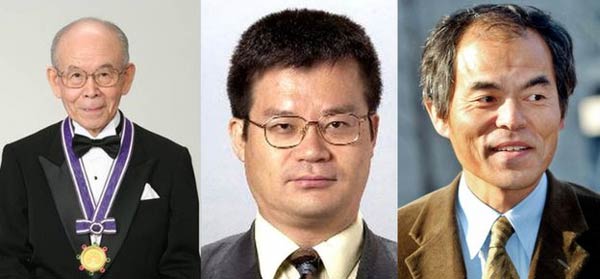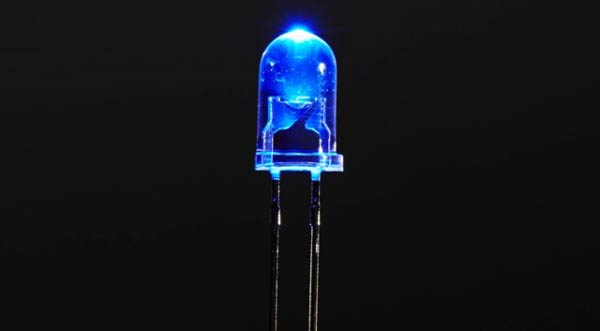The 2014 Nobel Prize in Physics has been awarded to the three Japanese scientists who invented the first efficient blue light emitting diodes (LEDs) in the mid 1990s, reports the BBC.
Isamu Akasaki, professor at Meijo University and Nagoya University in Japan, Hiroshi Amano, professor at Nagoya University also based in Japan and Shuji Nakamura, an American citizen and professor at the University of California in Santa Barbara, share the coveted prize. The trio also share 8m Swedish kronor (£690,000) for "the invention of efficient blue light-emitting diodes which has enabled bright and energy-saving white light sources."

The invention of the bright blue LEDs created the white LED lighting innovation. Their combination with red and green light emitting LEDs (or phosphor) allows the technology to generate white light for all sorts of illumination purposes. These LEDs are so efficient for lighting that the UK close eight power stations if it switched over completely, according to a Guardian quote. LED 'bulbs' are also robust and longer lasting.
"A quarter of energy consumption goes to illumination," said Per Delsing, a physics professor at the Chalmers University of Technology in Sweden, during a press conference announcing the award, reports CNet. Consequently, any increase in efficiency and subsequent saving of energy "is really going to have a big impact on modern civilization," he said.
Not only did the three researchers help revolutionise lighting with vastly improved energy efficiency and brightness, these light-emitting diodes are also usful in everything from traffic signals to high-speed networking, data storage, smartphones, and water purification.

Gallium nitride was discovered to be the key ingredient capable of creating bright blue LEDs. However, the big obstacle was in trying to find a way to grow large enough crystals of this compound to be useful. Profs Akasaki and Amano managed to grow them in 1986 on a specially-designed scaffold made partly from sapphire, whilst Prof Nakamura managed to make a similar breakthrough four years later, using a clever manipulation of temperature to boost the growth of the crystal.
The trio were named at a press conference in Sweden, where the Nobel jury highlighted that these prizes were established to acknowledge developments which delivered "the greatest benefit to mankind", whilst accentuating the usefulness of the invention.













